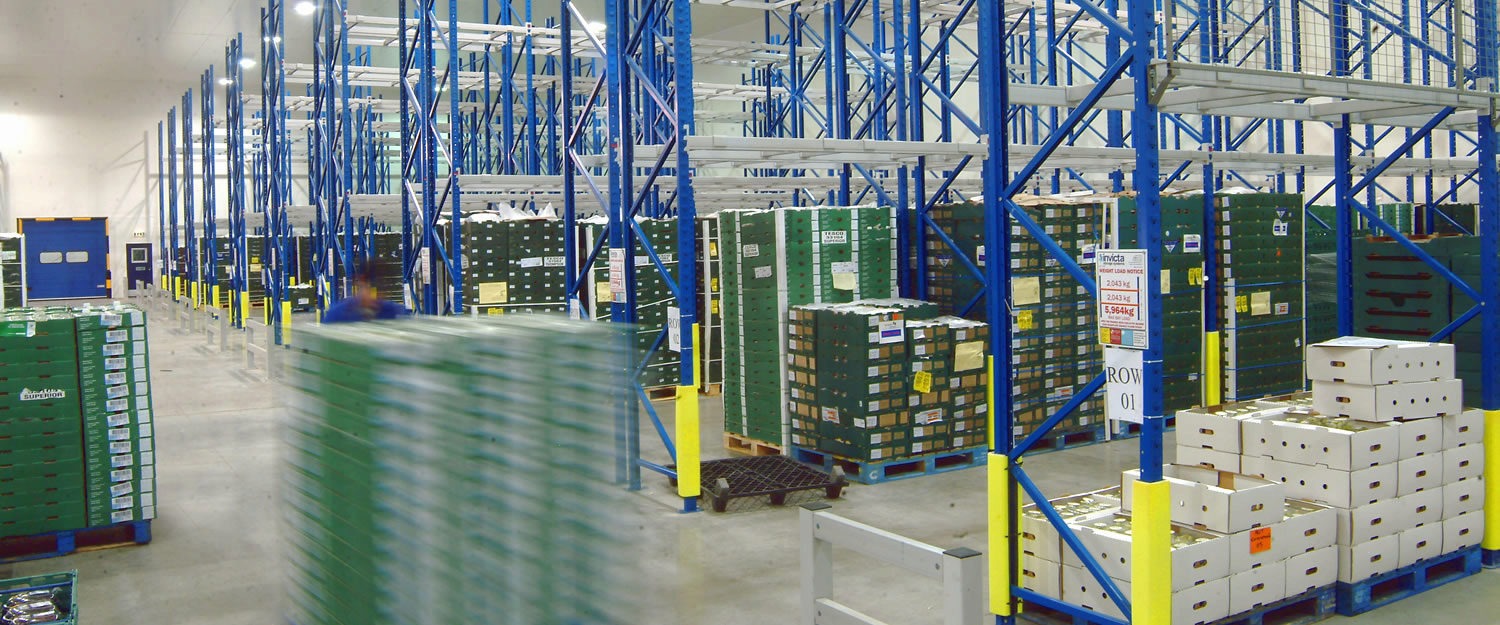For your information
You are being redirected to one of our divisional subsites which contains more detailed information on the required division. To navigate back to the main Invicta Group site, please click the link found in the footer at the bottom of the page.
Could hostilities with China prompt a warehousing boom?
5th November 2020
Economies of scale
Quick Quote
Contact Mick Coyne
To get a quotation or arrange a free site survey - Call Mick Coyne on
-
 UK
UK
Current location:
Quick Quote
Contact Mick Coyne
-
 UK
UK
Current location:
If it was hard to ignore politics before, it feels like it’s been impossible in the last few years. From Brexit to Trump to the recent protest movements, our entire discourse seems to be dominated by where on the spectrum you stand. The need to take a side has even affected businesses, with many companies feeling obliged to put out statements on social media, and invest money in charitable causes.
One of the dominant political issues of the current age is China, and the relationships they have with various countries. Amid accusations of human rights abuses, mass surveillance and other issues, many nations are reconsidering their ties to the world’s biggest economy, and are seeking to establish greater independence. But where does this leave both parties – and could it have an effect on storage and logistics?
Rising tensions
As you would expect from the world’s largest economy, China remains absolutely central to global supply chains. The country is responsible for almost 30% of all manufacturing output, and had a trade surplus of around $422 billion in 2019, with total exports of almost $2.5 trillion. The EU is China’s largest single market, and hundreds of countries around the world rely on Chinese manufacturing for consumer goods as well as key supplies, such as medicine and medical equipment.
Traditionally, the importance of China as an export partner – and its potential as a market for foreign businesses – has encouraged trade partners to cosy up to the regime. It was only a few years ago that David Cameron and Xi Jinping were proclaiming a ‘golden age’ for Sino-British relations, and touting billions of pounds of investment in nuclear power and construction projects. Yet China’s increasingly aggressive moves in recent years have soured this relationship, and forced many other nations to take stock.
Chief among these has been the country’s treatment of the Uighur Muslim minority, with widespread accusations of wholesale detentions and abuse in concentration camps. However, the concerns for global leaders are as much financial as moral. China’s Belt and Road initiative, whereby it invests in foreign infrastructure, has increasingly been seen as a way of currying favour and buying influence. Meanwhile, government-controlled tech giants such as Tencent and Huawei have raised fears around surveillance and data privacy, with many countries now banning the use of the latter’s 5G technology.
Bringing back industry
The most stringent action taken against China so far has been by the United States, where President Trump has undertaken a protracted trade war. As well as tariff increases, Trump most recently placed a ban on any businesses dealing with tech giant Tencent, most notable for their WeChat app. Yet while the US may change tack should Trump lose the election in November, other countries seem increasingly wary of China, too. Despite needing trade partners after Brexit, the UK has been notable for taking a stand against China, in relation to both human rights abuses and its actions in Hong Kong, a former British territory.
The coronavirus pandemic has also highlighted issues with the West’s heavy reliance on China. The lack of PPE which afflicted many countries was due to China being unable to manufacture it fast enough, and needing its own supplies in the early stages of the virus. The apparent emergence of the virus in China has also shed further light on its trade in endangered animals, both for meat and the supply of traditional medicine, including ivory and pangolin scales. This is on top of traditional problems with manufacturing plants such as those owned by Foxconn, which have long been plagued by accusations around bad conditions and low pay.
What all of this amounts to is a push by major economies to reduce their reliance on China, and shore themselves up against shifts in geopolitics. For countries such as the United States, this represents a chance to bring back the ‘Made in America’ label, and return old manufacturing jobs to declining areas. For the UK, it’s a chance to return to a history of manufacturing and engineering prowess, and make a success of Brexit. And for countries with established manufacturing bases like France or Germany, it’s a chance to usurp China’s position, and develop a more ethical manufacturing model.
Looking forwards
With one eye on China and another on the next industrial revolution – what the Germans have dubbed Industry 4.0 – it is increasingly likely that we’ll see a divestment of manufacturing to a greater number of countries. At least in the short term, this is likely to play into existing strengths. In Germany for instance, there is already the ‘Mittelstand’ of family-owned business making parts for auto manufacturers, which may evolve to make parts for new technologies. Elsewhere, the availability of talent may start to dictate where manufacturing investment goes first.
With manufacturing taking place in more locations, there will inevitably need to be more places for storage, both of the produced goods and the resources needed to make them. And with storage space already at a premium in many countries (largely due to Amazon’s rapid expansion), new spaces as well as new solutions will be required. Alongside traditional high density pallet racking, it’s likely that we’ll see more multi-tier racking systems in taller, narrower warehouses, with roads and loading bays at each floor level. This is already happening in some urban spaces, and seems destined to snowball in future.
By constructing new warehouses with the latest WMS and pallet racking technology, Industry 4.0 should be accelerated. This combination of local warehouses with automation and machine learning should have other benefits, too. By truncating supply chains (making journeys shorter) and making the manufacturing and storage processes more efficient, there’s the potential to cut a huge amount of carbon out of logistics – contributing to the fight against climate change.
—
The political situation around China and its relationships could change rapidly, and you never know what’s happening behind the scenes. The wheels that are in motion will be hard to stop, however, and the next industrial revolution is certainly on its way sometime soon. There seems like a very good chance that the two will dovetail – and lead a revolution of their own in storage and logistics.











Share/Like this page